Had the chance to have a quick chat with Rob Smith known as RSD in the dubstep world and formerly one half of very influencial UK group Smith & Mighty. He will be the main guest on saturday @ KOMODO Dubs where i’ll have the chance to share the decks with him! (Details here) RSD is a really interesting guy to interview because he is one of the only Dubstep producers that has been involved in UK music since the very begining of Trip-Hop, Uk modern dub, Jungle, etc… ! The man started producing music in 87 and has influenced countless acts like Roni Size, Massive Attack and so on.
Lexis: What were some of you most influencial records as a kid?
RSD: i started out listening to things like Jimi Hendrix and David Bowie but it was 70’s and 80’s reggae that made me want to be involved with music production.. the ‘Dreadlocks Dread’ album by Big Youth and ‘Bag o Wire’ by Skin Flesh & Bones were particularly inspiring
check out : www.youtube.com/watch?v=r-atviLjcBM
Lexis : Who’s one reggae legend you wish you had a chance to work with?
RSD: wow.. tooooo many !!
would have been great to work with some of those old skool toasters like Dennis Alcapone or Scotty… and maybe Hortense Ellis, Cornell Campbell
Lexis: What do you think its unique to the UK scene, for it to be the birthplace of so many genres from Jungle, UKG, Grime, Dubstep, Trip-Hop, Drum and Bass?
RSD: I think all these genres extend from soundsystem culture, and that has been present in the uk since the sixties. they are all kind of connected chronologically from reggae onwards and there is always that history for each generation of producers and dj’s to look back on.. i also think that the uk punk movement has had an influence, not so much in music style but more in the way of attitude.. a kind of rebellious ‘think for yourself’ way of doing things.. plus of course influences from hip hop and house music
Lexis: Being a musician who’s seen the birth of Jungle, D&B, Trip-Hop do you think its important for someone who’s 20 getting into Dubstep right now to know the history behind it?
RSD: if it’s a natural feeling to make references to the past then that’s cool but maybe not essential. the thing i loved about dubstep in the beginning was that there were little or no ‘rules’
Lexis : Do you think the accesibility of producing music has watered down the quality of the output a little bit?
RSD: it’s a tricky one.. i do believe that it’s good for anyone to have the opportunity to try expression through music.. and maybe it means people have to step up their game to be noticed in the sea of productions but after all, a good tune is still a good tune
Lexis: You were always someone involved in the whole DIY underground labels, how has the challenges and opportunities for a small label changed in 20 years?
RSD: i think the challenges for a successful label are probably the same for the most of it.. getting the mixes right, good mastering, finding distribution, artwork etc, consistently good releases.. there are more available format’s now but maybe the process is similar.
the big difference is that in the past it was necessary to have some upfront cash to get things rolling, now it’s possible to release (digitally) on a basic level with little or no set up costs.
Lexis: What’s your secret to staying relevant for now close to 20 years in the game?
RSD: i really don’t know what to say to that.. i’m just happy to still be excited by all the great fresh music that’s around, and i’m very very happy that some people still want to listen to the things that i’m doing.

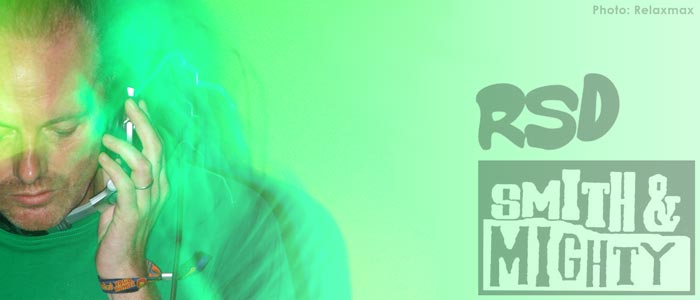
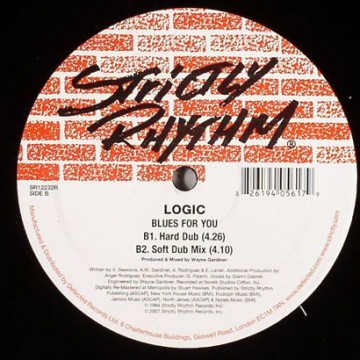
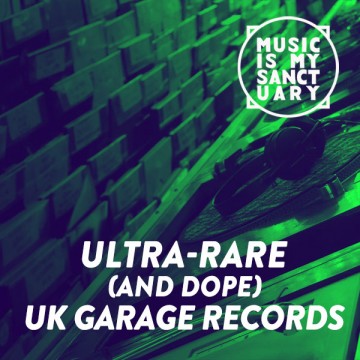
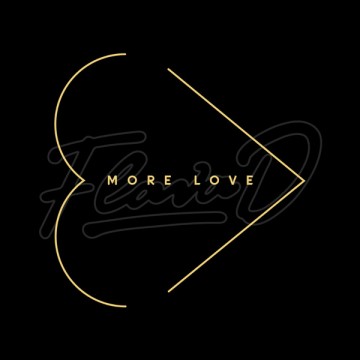
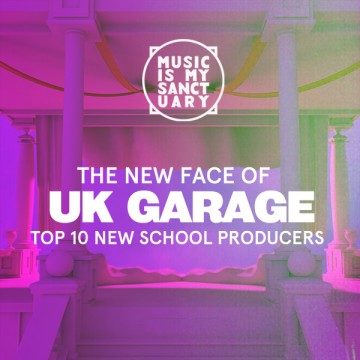
1 Comment
Forward Youth!